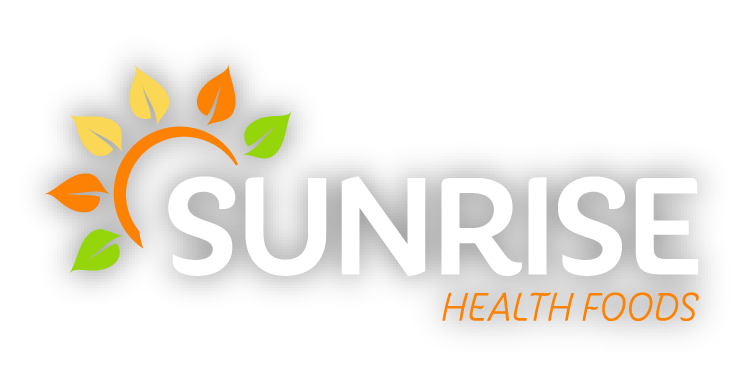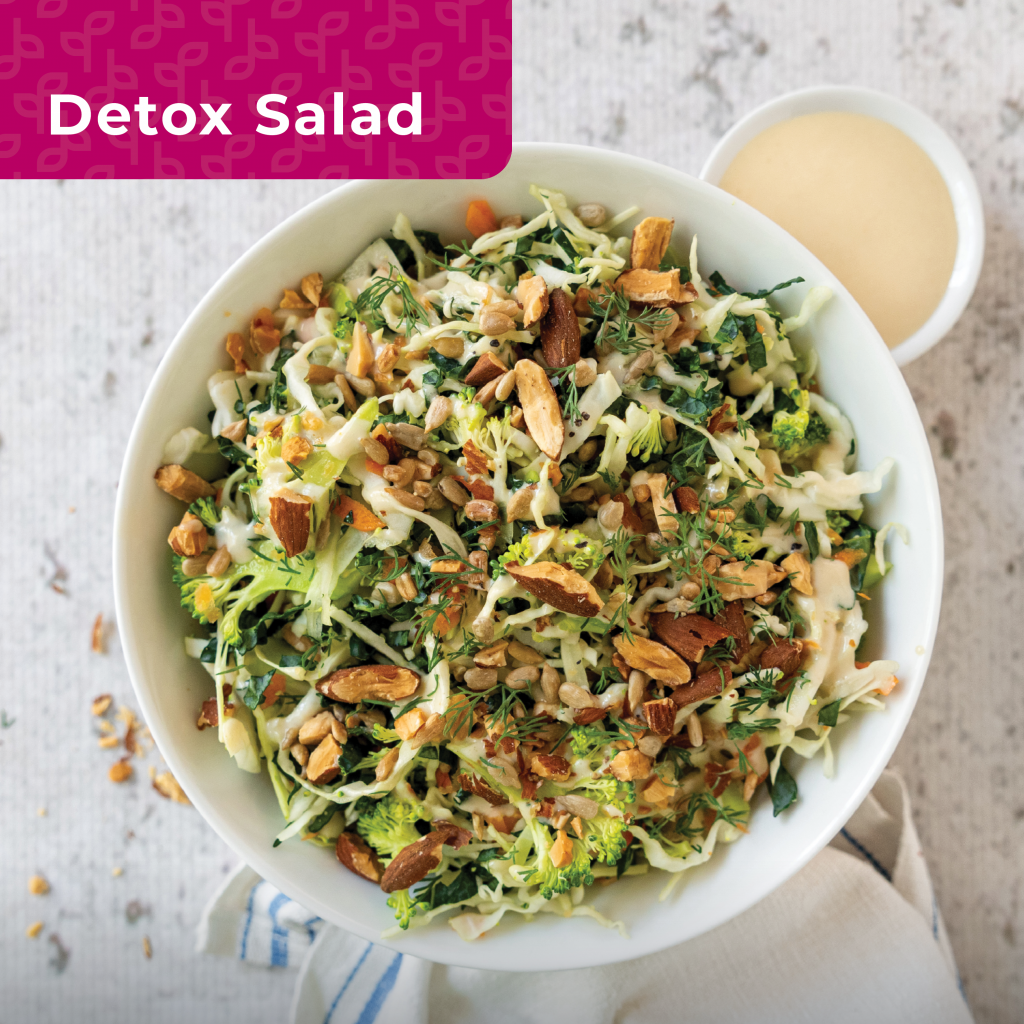
In a study of how well people read and understand health information, doctors noted that those who read poorly know less about health, do not manage chronic disease as well, and do not take as many steps to prevent disease as those who read well. Researchers interviewed 3,260 men and women, aged 65 years or older, who were enrolled in Medicare managed-care plans in four large U.S. cities and gave a short version of a health-reading and math test called the Test of Functional Health Literacy in Adults.
Scientists followed participants for an average of 5.7 years and found that—after adjusting for age, sex, education, income, health, and other factors—of the 800 participants who died, 39% had poor health literacy, 29% had fair health literacy, and 19% had good health literacy. Health literacy independently predicted the risk of dying, doctors noted, while formal education—the number of years of school—did not.
In a nutritional supplement study, authors explained that there are few studies of those who regularly take a wide range of supplements. Researchers gave a questionnaire to 278 long-term multiple- supplement users and, in a smaller group of these participants, measured body weight, blood pressure, and blood nutrients after fasting. Scientists then compared the findings to participants in the National Health and Nutrition Examination Survey (NHANES), including 602 who did not take supplements, and 176 who only took a single multi-vitamin/mineral supplement.
After adjusting for age, sex, income, and other factors, compared to non-supplement and single-supplement users, long-term multiple- supplement users had fewer signs of inflammation, more good cholesterol (high-density lipoprotein, or HDL), lower overall blood fats, and less risk for high blood pressure and diabetes. More than 50% of long- term multiple-supplement users took a daily multivitamin/mineral, B-complex, vitamins C and E, carotenoids, calcium with vitamin D, omega-3 fatty acids, flavonoids, lecithin, alfalfa, coenzyme Q10, resveratrol, glucosamine, and an herbal immune supplement. The majority of women in the group also took gamma linoleic acid and a probiotic supplement, while men also took zinc, garlic, saw palmetto, and a soy protein supplement.
Reference: Nutrition Journal: October, 2007; Vol. 6, No. 1, 30.
All articles shared on our site are for the purpose of nutritional information only and should not be considered a substitute for professional medical advice.


